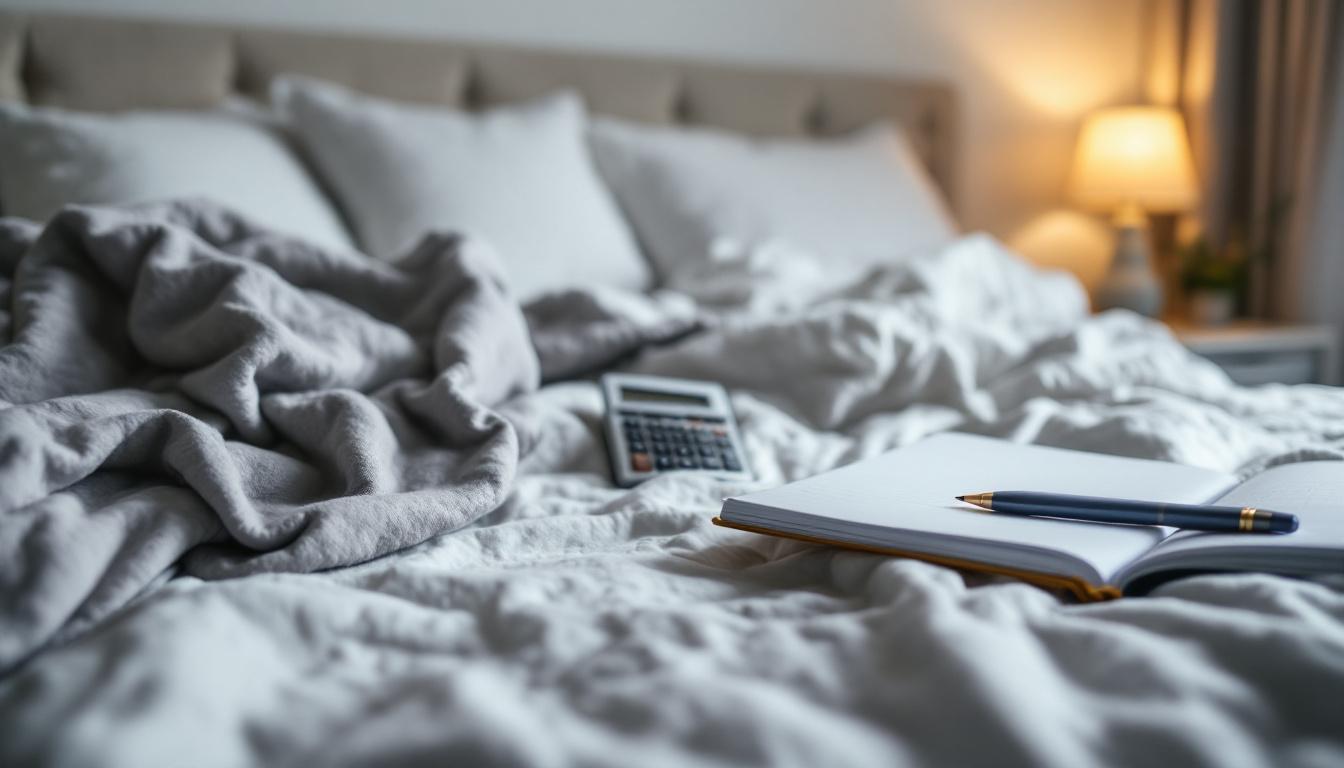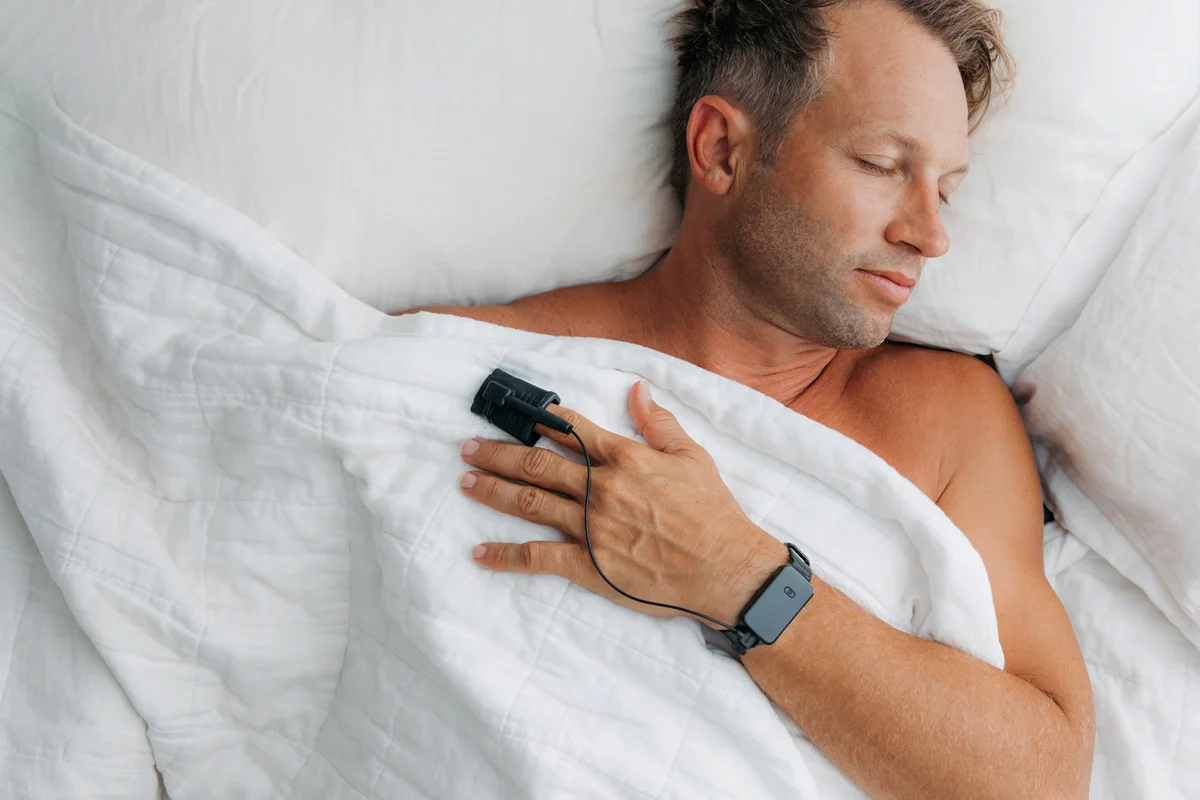Sleep disorders are increasingly recognised as significant health issues, affecting millions of Australians. In Sydney, the demand for sleep studies has risen sharply, prompting many to seek answers regarding costs and available options. Understanding the financial implications of a sleep study is essential for anyone considering this vital assessment. This article will delve into the various aspects of sleep study costs in Sydney, providing clarity on what to expect.
What is a Sleep Study?
A sleep study, or polysomnography, is a comprehensive test that records various physiological parameters during sleep. It typically measures brain waves, oxygen levels, heart rate, and breathing, along with eye and leg movements. This information helps healthcare professionals diagnose sleep disorders, such as sleep apnoea, insomnia, and restless legs syndrome.
Understanding the cost sleep study Sydney is crucial for anyone experiencing sleep-related issues. By considering factors such as the type of study, location, and insurance coverage, individuals can make informed decisions about their sleep health. With the right preparation and knowledge, a sleep study can lead to significant improvements in quality of life. Prioritising sleep health is essential, as it plays a vital role in overall well-being.
Types of Sleep Studies
There are primarily two types of sleep studies: in-lab sleep studies and home sleep tests. In-lab studies are conducted in a controlled environment, where patients are monitored overnight by trained professionals. Home sleep tests, on the other hand, allow patients to undergo the study in the comfort of their own homes, using portable equipment.
Each type has its advantages and disadvantages. In-lab studies provide more comprehensive data but can be more costly and require travel to a sleep clinic. Home tests are generally more convenient and less expensive, but they may not capture all the necessary data for a thorough diagnosis.
Why Undergo a Sleep Study?
Individuals experiencing symptoms such as excessive daytime sleepiness, loud snoring, or difficulty concentrating may benefit from a sleep study. These assessments can lead to early diagnosis and treatment, significantly improving quality of life. Moreover, untreated sleep disorders can lead to severe health complications, including cardiovascular issues and metabolic disorders.

Beyond the immediate health implications, sleep studies can also provide insights into the intricate relationship between sleep and mental health. Research has shown that poor sleep quality can exacerbate conditions such as anxiety and depression, creating a vicious cycle that can be difficult to break. By identifying and treating sleep disorders, patients may not only find relief from their physical symptoms but also experience improvements in their overall mental well-being, leading to a more balanced and fulfilling life.
Furthermore, the process of undergoing a sleep study can be enlightening for many individuals. It often serves as a wake-up call to the importance of sleep hygiene and the need for lifestyle changes. Patients may learn about the impact of factors such as diet, exercise, and screen time on their sleep patterns, prompting them to adopt healthier habits that promote better sleep quality in the long run. This holistic approach to sleep health underscores the significance of understanding sleep not merely as a passive state but as an active contributor to overall health and wellness.
Learn more on: Sleep Apnea Test Sydney: How to Get Tested Quickly
Factors Influencing the Cost of Sleep Studies in Sydney
The cost of a sleep study in Sydney can vary widely based on several factors. Understanding these factors can help individuals make informed decisions regarding their sleep health.

Type of Study
The type of sleep study is one of the most significant determinants of cost. In-lab studies typically range from AUD 1,000 to AUD 3,000, depending on the facility and the complexity of the study. Home sleep tests are generally more affordable, costing between AUD 300 and AUD 800. The choice between these options often hinges on the specific symptoms and the recommendation of a healthcare professional. In-lab studies provide comprehensive monitoring, including brain waves, oxygen levels, heart rate, and breathing patterns, which can be invaluable for diagnosing complex sleep disorders such as sleep apnoea or narcolepsy. On the other hand, home sleep tests, while convenient, may not capture the full spectrum of sleep disturbances, making them more suitable for straightforward cases. Learn more about heart on https://www.health.harvard.edu/topics/heart-health
Location and Facility
The location of the sleep clinic can also impact costs. Facilities in central Sydney may charge higher rates due to increased overheads. Conversely, clinics located in suburban areas may offer more competitive pricing. It is advisable to research various facilities and compare their offerings. Additionally, the reputation and accreditation of the facility can influence pricing; well-established clinics with experienced staff may command higher fees due to their track record of successful diagnoses and treatments. Prospective patients should consider not only the cost but also the quality of care and the technology used in these facilities, as these factors can significantly affect the accuracy of the results.
Insurance Coverage
Many Australians have private health insurance, which may cover part or all of the costs associated with sleep studies. However, coverage can vary significantly between policies. It is crucial to check with the insurance provider to understand what is included and whether a referral from a general practitioner is necessary. Furthermore, some insurance plans may require pre-approval for certain types of studies, which can add another layer of complexity to the process. Understanding the nuances of one’s insurance policy can lead to substantial savings, especially for those who may require ongoing assessments or treatments following their initial study.
Preparing for a Sleep Study
Preparation for a sleep study can influence both the experience and the results. Proper preparation ensures that the data collected is accurate and useful for diagnosis.
Consultation with a Healthcare Professional
Before undergoing a sleep study, it is essential to consult with a healthcare professional. They will assess symptoms, medical history, and any medications that may affect sleep. This consultation is often the first step in determining the necessity of a sleep study and the most appropriate type.
Pre-Study Instructions
Patients may receive specific instructions prior to the study, such as avoiding caffeine or alcohol on the day of the test. It is also advisable to maintain a regular sleep schedule leading up to the study to ensure accurate readings.
What to Expect During the Sleep Study
Understanding what to expect during a sleep study can alleviate anxiety and help individuals prepare mentally for the experience.
In-Lab Sleep Study Experience
During an in-lab sleep study, patients are typically asked to arrive in the evening. After a brief orientation, they will have electrodes placed on their scalp, face, and body to monitor various functions. The environment is designed to be as comfortable as possible, with private rooms and adjustable lighting. Patients are encouraged to sleep as they normally would, allowing for the collection of accurate data.
Home Sleep Test Experience
For those opting for a home sleep test, the process is generally more straightforward. Patients receive a portable monitoring device, which they are instructed on how to use. The device typically includes sensors that measure breathing patterns, oxygen levels, and heart rate. After a night of sleep, the data is returned to the clinic for analysis. To find more about monitoring click here.
Interpreting Sleep Study Results
Once the sleep study is complete, the data is analysed by a sleep specialist. Understanding the results is crucial for determining the next steps in treatment.
Common Findings
Results may indicate the presence of sleep apnoea, insomnia, or other sleep disorders. For instance, a diagnosis of obstructive sleep apnoea may lead to recommendations for lifestyle changes, the use of a CPAP machine, or even surgical options, depending on the severity.
Follow-Up Care
After receiving results, follow-up appointments are typically scheduled to discuss findings and potential treatment plans. This ongoing care is vital for managing sleep disorders effectively and ensuring long-term health benefits.
Cost-Saving Tips for Sleep Studies
Research and Compare Options
Before committing to a sleep study, it is beneficial to research various clinics and their pricing structures. Many facilities provide transparent pricing information on their websites, allowing for easy comparisons. Additionally, reading reviews and seeking recommendations can guide individuals to reputable clinics.
Check for Rebates and Discounts
Some clinics may offer discounts for upfront payments or have partnerships with local health funds that provide rebates. It is worth inquiring about any available financial assistance or payment plans that can ease the burden of costs

